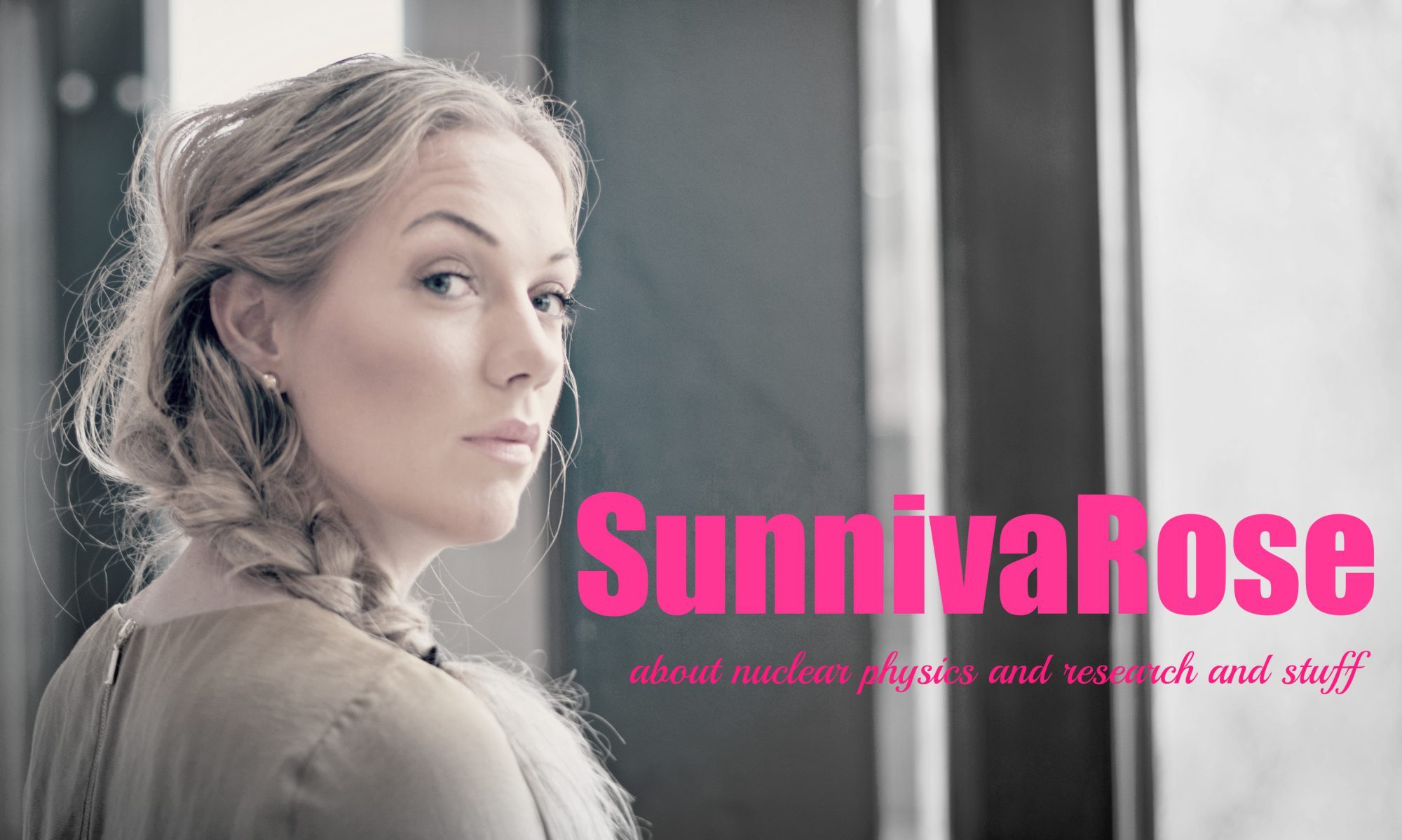Watch it.
And Robert Stone, you get three hearts: <3<3<3
The entire thing is on Netflix.

Watch it.
And Robert Stone, you get three hearts: <3<3<3
The entire thing is on Netflix.
- bad conscience (I spend too little time on my degree, and too much time procrastinating)
- procrastinating
- writing for an hour as I feel bad (my conscience bugging me since I procrastinated when I got to the University, instead of writing)
- searching the University's web pages for a template for my thesis - turns out it doesn't seem to exist (help?!), but I found myself as poster-girl on the frontpage of the phd education. Lol.
- going to the MNKOM lunch talk, to listen to all the science communication students (as I was also making some notes from an article #multitasking)
- finding a template for master's thesises - works for now
- starting cleaning up and putting stuff I've written before into the template - looking kind of good
- writing a short introduction to my articles (that the thesis will be based on)
- thinking I know which order to put things in my thesis (which is supposed to sew the different articles together)...I've changed my mind several times, tough, so who knows what I'll end up with
 |
|
Alex getting her nails done (pink nail polish and a gold diamond - her choice) at Star Nails, Grønland Basar. Just 50,- for kids, which I think is a nice prize 🙂
|
"Is it possible to conclude that a nuclear power plant is safe and, if it is, what are the conditions which make this conclusion possible?
The answer to the first question is: 'Yes, it is possible'.
The conditions for such a conclusion to be valid are:
- the plant has been built within a legal framework that provides for the regulation of nuclear activities and for the clear assignment of safety responsibilities
- the plant site has been chosen by a competent organization, following the stringent safety and radiation protection criteria internationally available
- the plant has been conceived, designed and built following the best internationally available criteria and standards important for safety and for radiation protection (with all financial means necessary to obtain an excellent result)
- the whole process has been submitted to the surveillance of an independent control body, capable (as far as possible) of foreseeing the possible technical licensing problems before it's too late to solve them
- everyone involved in the construction, the control and the operation of the plant are permeated by a genuine safety culture
- everyone involved have been trained to the best professional standards with continuing professional development schemes
- operation is performed in connection with national and international organizations which have the aim of collecting and disseminating operating experience thoroughly and quickly
- the plant is operated within an industrial system with a sufficient reserve of electric power
- working conditions for plant operators are conducive to solving problems, and the psychological atmosphere in the plant is marked by alacrity and by serenity at the same time"
When all of these nine criteria are met (I shortened some of them, so in the original text they are more comprehensive), then you can claim that a nuclear power plant is safe.
Was Chernobyl "safe"? NO, NOT AT ALL! I know for sure that Chernobyl broke the conditions, and definitely could not be concluded to be a "safe" plant.
Was Fukushima "safe"? To be honest, I'm actually not 100% sure of how well Fukushima met these 9 criteria...
The thing about the Fukushima accident was that it was caused by a "freak event" - a natural disaster that magnitude is very hard to foresee, since you can't foresee everything. If you could, none would have died from the earth quake and tsunami that hit Japan on the 11th of March 2011, but yet they did - but if you argue that since this natural disaster did happen, and therefore nuclear power isn't safe, you're really also arguing that Japan is an unsafe country to live in...
It's not like they din't foresee tsunamis on the coast of Japan, but they didn't expect them to be as big. So what if they had foreseen a 14 meter tsunami, and they were protected against that, but then a 15 meter tsunami hit them instead? Nothing is ever (100%) safe, and at some point you have to say this is as safe as it gets. Remember: it's always a piece of cake to say after something's happened that they should have done it differently...!
But was Fukushima as safe as it gets? Maybe not. Maybe the plant site (point 2) wasn't 100% ideal, maybe the plant didn't have sufficient reserve of electric power (point 8). Can we then conclude that nuclear power isn't safe at all? No.
Have a fabulous, sunny day everyone! I'm going to get Alexandra in kindergarden very soon, and then we're going to get our nails done #motherdaughtertime <3
meetings, yes - plural
Here are two pictures of me thinking and drinking coffee and taking selfies instead of actually writing anything...:P (Love this maritime looking sweater from Pimkie, by the way <3)
what is my story?
why are my results interesting?
what are the important things that we did?
Read EVERYTHING about PhD day HERE
Good morning, and happy Monday everyone <3